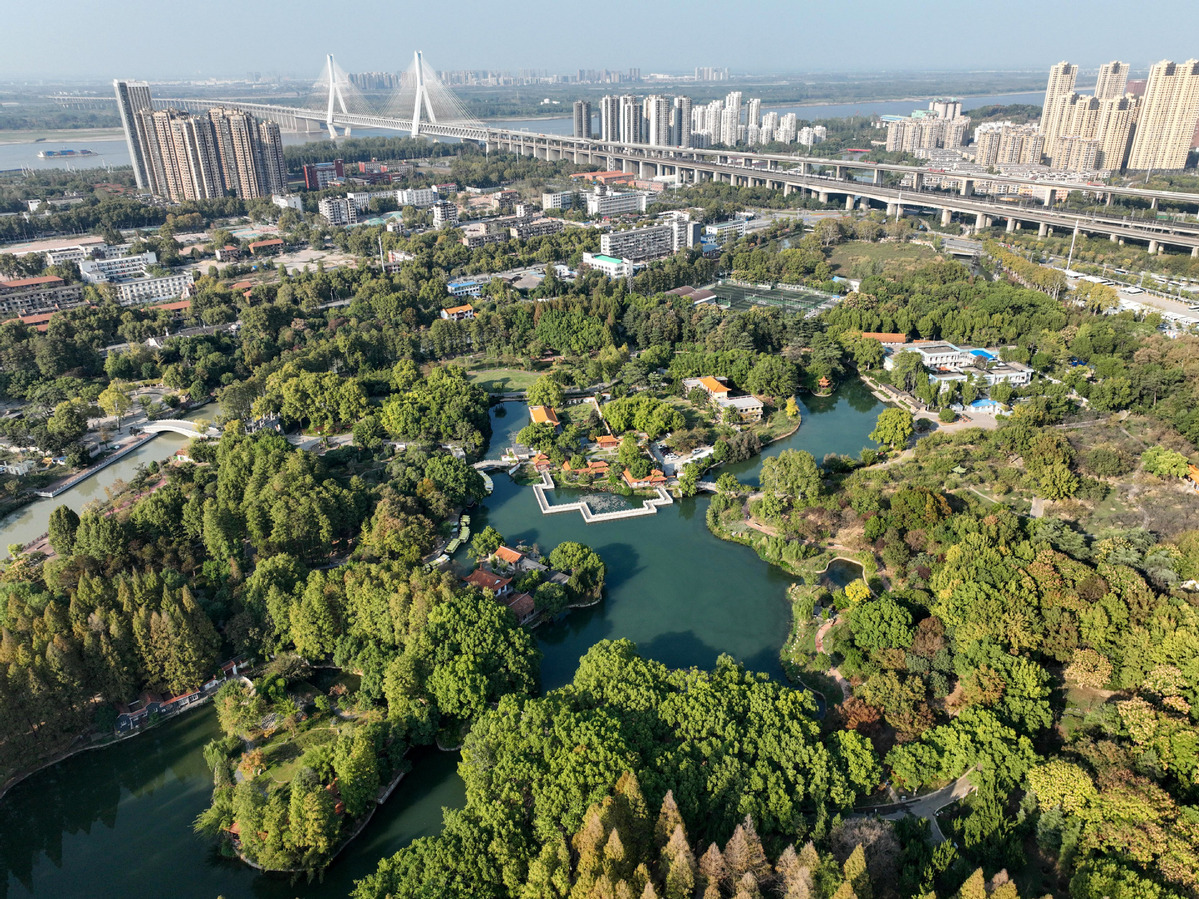China progressing in wetlands conservation for high-quality development


INTEGRATING WETLANDS INTO MODERNIZATION
Despite the challenges, many Chinese cities have told success stories of integrating wetlands into economic and social development.
Wuhan, a megacity of more than 13 million permanent residents, is a prime example. Dubbed "the city of lakes," Wuhan is home to 166 lakes, a remarkable number for a provincial capital in China. But researchers said the city's lake areas had shrunk considerably last century, encroached first by drought and land reclamation for farming and then by real estate development.
The trend reversed after the city government passed a slew of legislation and policies to protect wetlands in the 2000s, eventually stabilizing the city's lake area even amid rapid economic growth. Pollution bans and ecological restoration projects restored the water quality.
In the 3,367-hectare East Lake, authorities sealed all sewage inlets and planted pollutant-purifying aquatic plants to create 220 hectares of "underwater forest." Boasting clear water and flocks of waterfowl, the lake (also a national wetland park) is now a popular jogging and sightseeing site among residents.
"The focus is on restoration, not reconstruction. We tried to reverse the degradation caused by human activities with minimum disruption to the original natural environment. That required a lot of preliminary research," said Chu Yunhong, general manager of Wuhan OCT., Ltd, which conducted the underwater afforestation in parts of the East Lake.
Some other Chinese cities developed strategies to coexist with smaller wetlands. In Liangping District of Chongqing in southwest China, farmers grew rice, vegetables, lotus, fish, and shrimps in small and micro wetlands, including the district's many ponds and rice paddies.
Organic agriculture in such mini wetlands helped reduce the use of fertilizers and pesticides while boosting agricultural output. The scenic views also boosted ecological tourism to raise farmers' incomes.
























